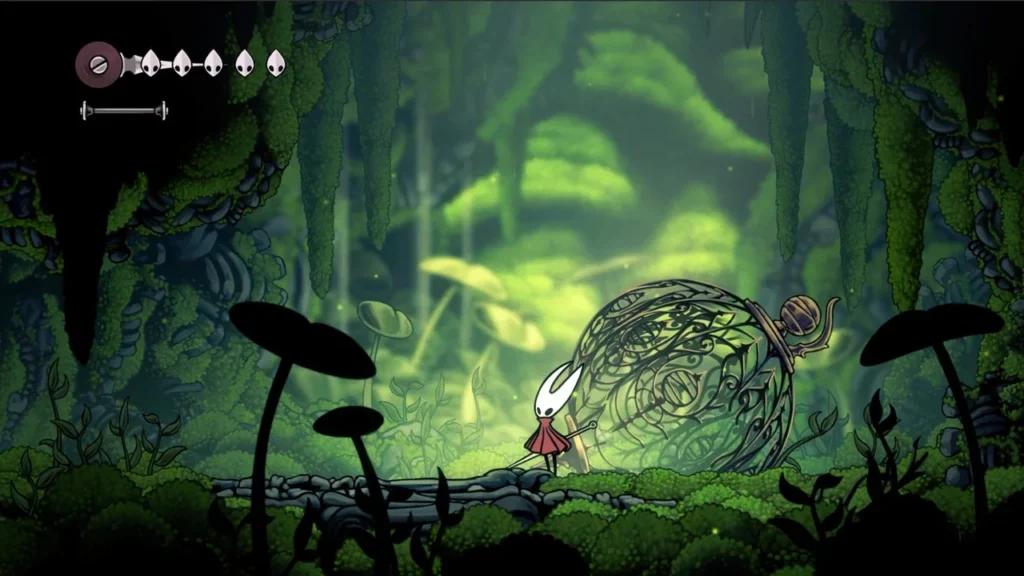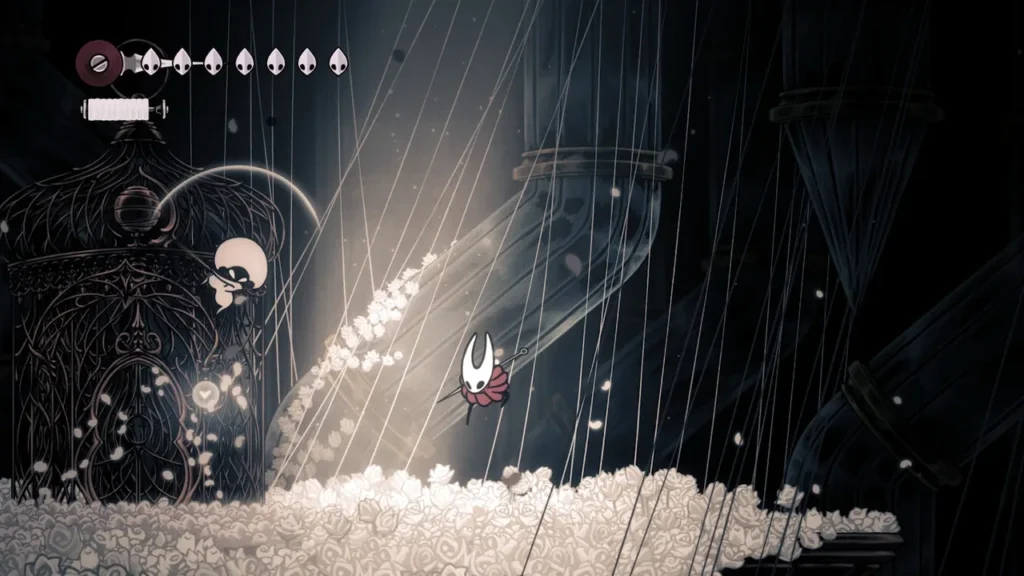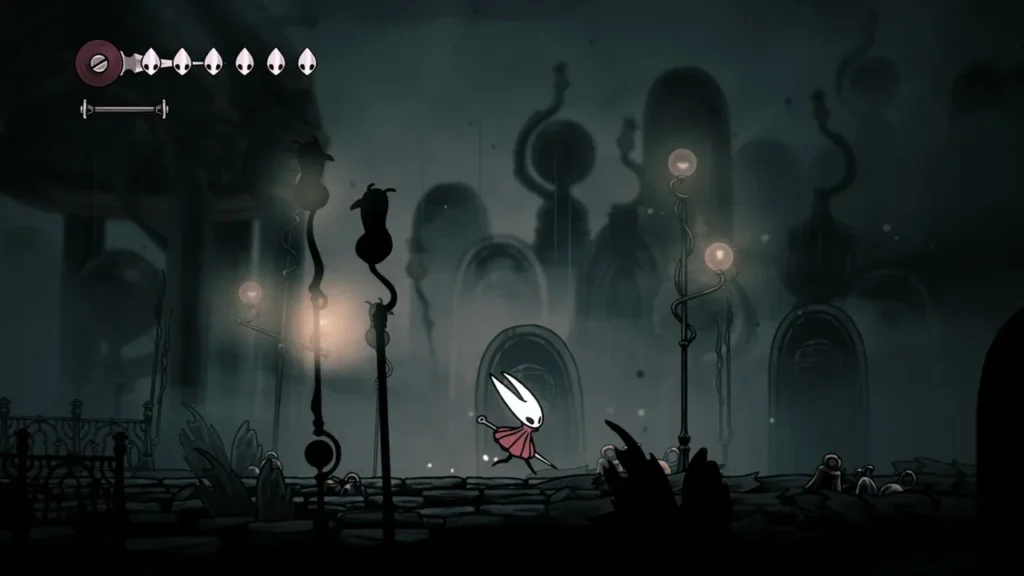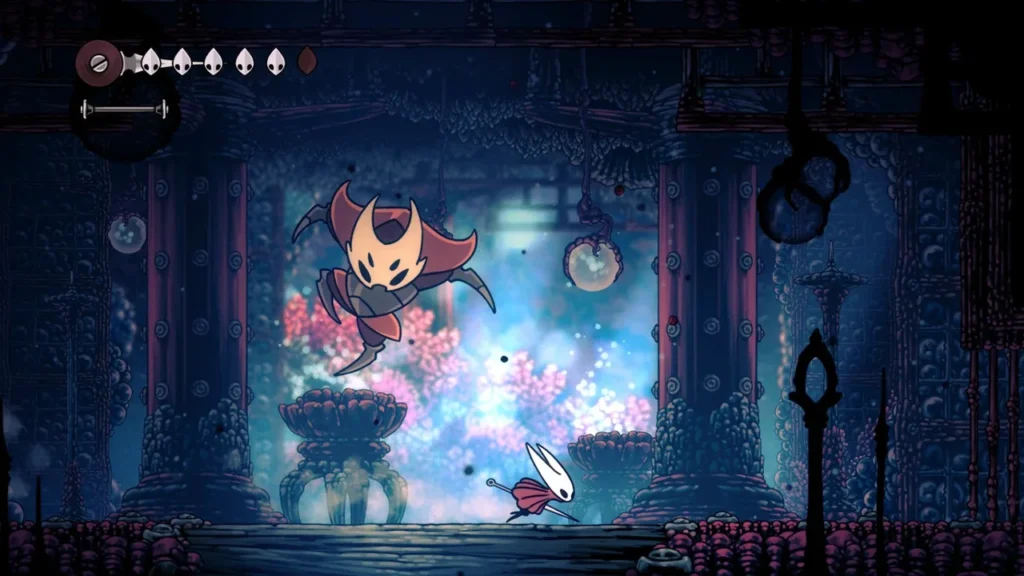Main Navigation Menu
© 2025 Tech Jacks Soutions, All Rights Reserved
© 2025 Tech Jacks Soutions, All Rights Reserved
The Silksong Success Tantrum: When Gaming's Gatekeepers Attack Excellence

Gaming Kaiju Industry Analysis - September 10, 2025
The gaming industry’s response to Hollow Knight: Silksong’s triumph reveals more about what’s broken in modern game development than any earnings report ever could.
Polygon’s headline screams about “deserving more lead time” as if Team Cherry committed some war crime by dropping their masterpiece with two weeks’ notice. Five games delayed? Publishers scrambling? Good. Maybe they’ll learn that quality trumps predictable marketing schedules.
The entitlement here stinks worse than a three-week-old energy drink. Since when do independent developers owe corporate marketing departments advance notice? Oblivion got shadow-dropped the same day it was announced. Hi-Fi Rush blindsided everyone. Apex Legends materialized from nowhere. Marketing 101: surprise generates buzz.
Here’s where things get genuinely disturbing. Industry veterans are attacking Silksong for “over delivering” – providing too much value for $20. Former Bungie executives literally coined terms like “don’t over-deliver” to justify cutting content for future monetization.
Let that sink in. The gaming industry has become so addicted to exploitation that delivering a complete experience at a fair price is now considered harmful.
Team Cherry spent seven years crafting over 40 bosses, 200 enemy types, multiple pathways, and no microtransactions. This used to be called “making a good game.” Now it’s a dangerous precedent-setting that threatens quarterly earnings projections.

Developers complaining that Silksong’s $20 price point “hurts the industry” miss the fundamental market reality. Gamers aren’t comparing your 15-hour metroidvania to Silksong’s content density.
They’re comparing it to the value proposition you’re offering.
Animal Well launched at $25. Bellatro costs $15 for potentially infinite replayability. Vampire Survivors delivers hundreds of hours for five dollars. Price anxiety isn’t about Silksong setting unrealistic expectations – it’s about developers realizing their value propositions might not justify their asking prices.
The most ridiculous criticism claims Team Cherry has “great responsibility” to coordinate with other developers because Hollow Knight “revitalized the metroidvania genre.” This backwards logic suggests successful creators should handicap themselves to protect weaker competitors.
Competition drives innovation. If your game can’t survive Silksong’s release, the problem isn’t Team Cherry’s marketing strategy. It’s your game.

The industry’s tantrum exposes three fundamental problems:
Addiction to Predictability: Publishers want controllable, marketable release schedules that eliminate risk and maximize profit extraction. Genuine creative passion disrupts these sterile formulas.
Value Proposition Collapse: When complete games at fair prices become controversial, you’ve lost perspective on what entertainment should provide consumers.
Innovation Hostility: The loudest complaints come from people who’ve built careers on incremental iterations and monetization schemes. Revolutionary products threaten comfortable mediocrity.
Silksong’s success isn’t an anomaly requiring analysis or containment. It’s a reminder that passionate developers creating complete experiences will always find audiences willing to support genuine artistry.
The industry’s defensive reaction proves they understand this reality better than their public statements suggest. They’re not angry about pricing or release timing. They’re terrified that consumers might remember what actual value looks like.

Bottom Line
Gaming creators are calling this the end of console gaming as an accessible hobby, with one content creator noting that $750 “could be your rent payment” for many families.
Team Cherry owes nobody apologies for succeeding on their own terms. The gaming industry’s meltdown over Silksong reveals an ecosystem so dependent on exploitation that honest value creation becomes threatening.
Every developer complaining about “unfair competition” should ask themselves: Are you angry because Team Cherry succeeded, or because their success makes your approach look exploitative by comparison?
The answer explains everything you need to know about modern gaming’s priorities.
